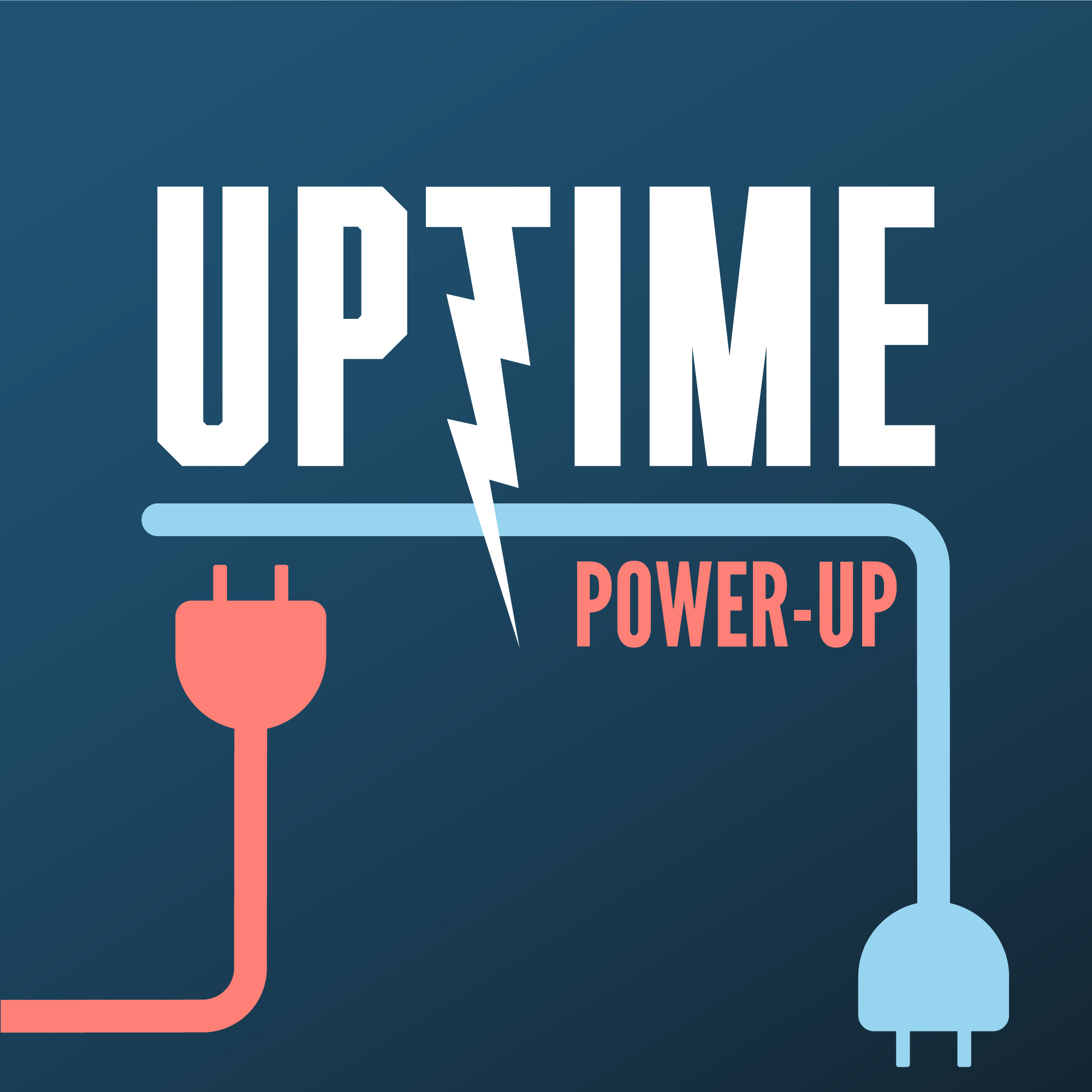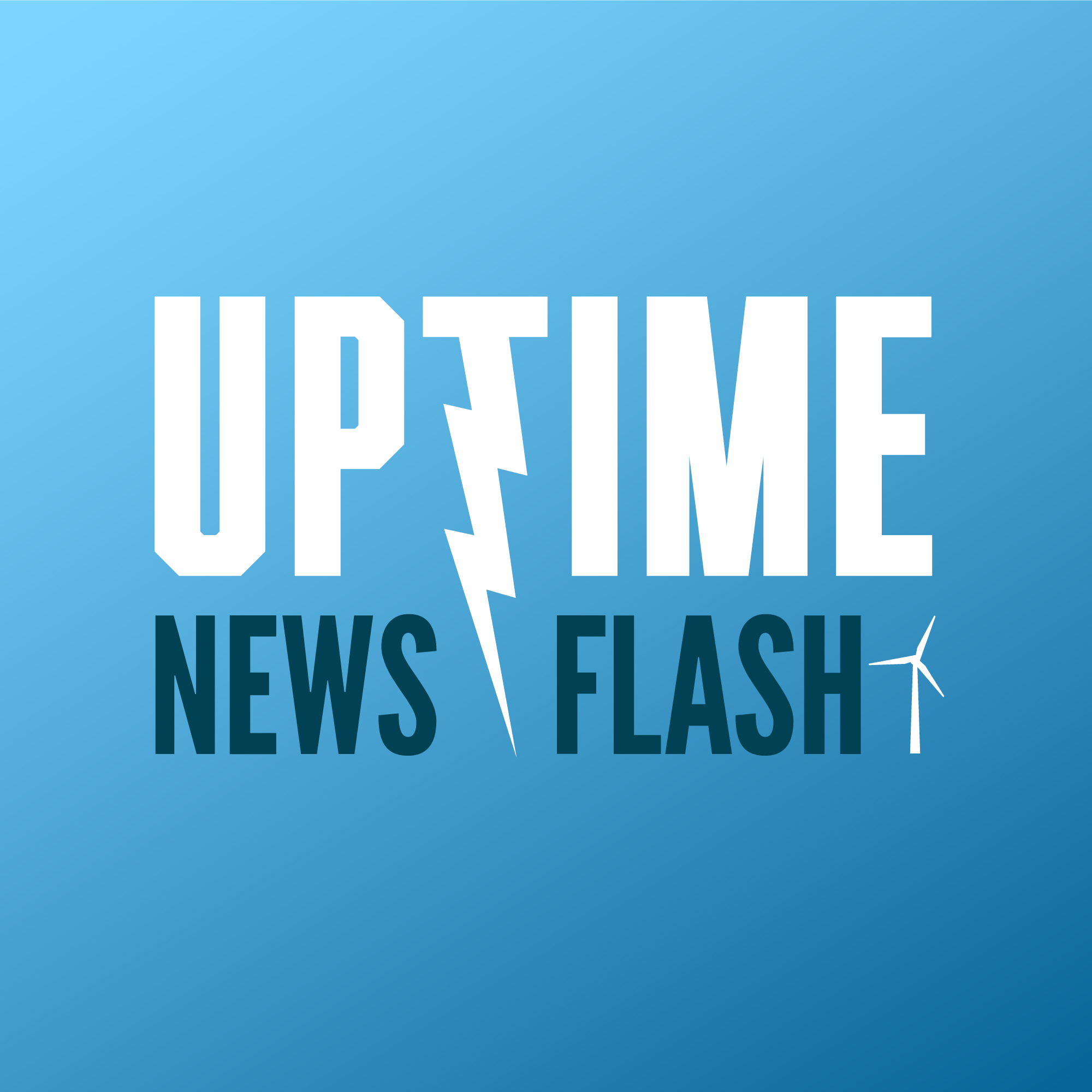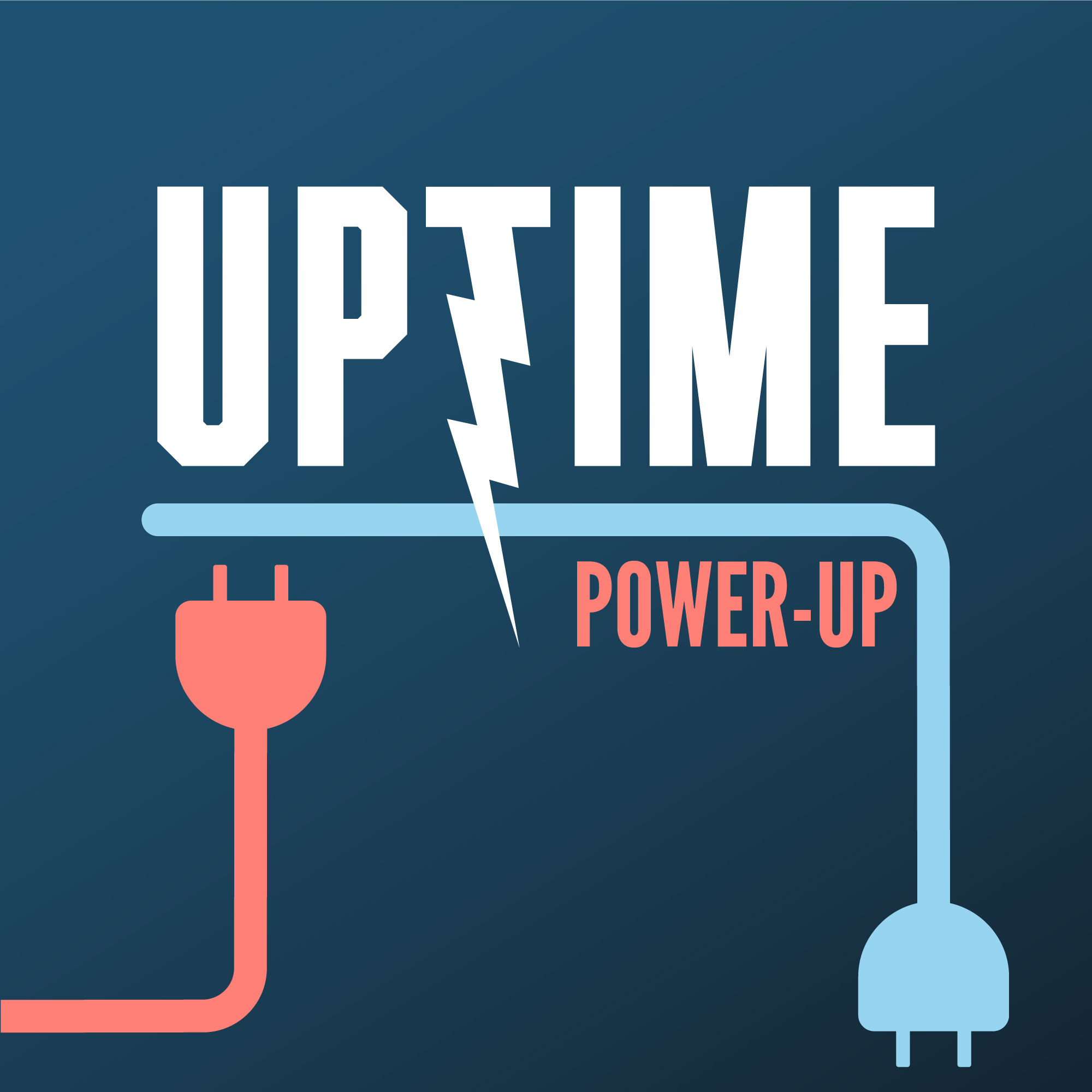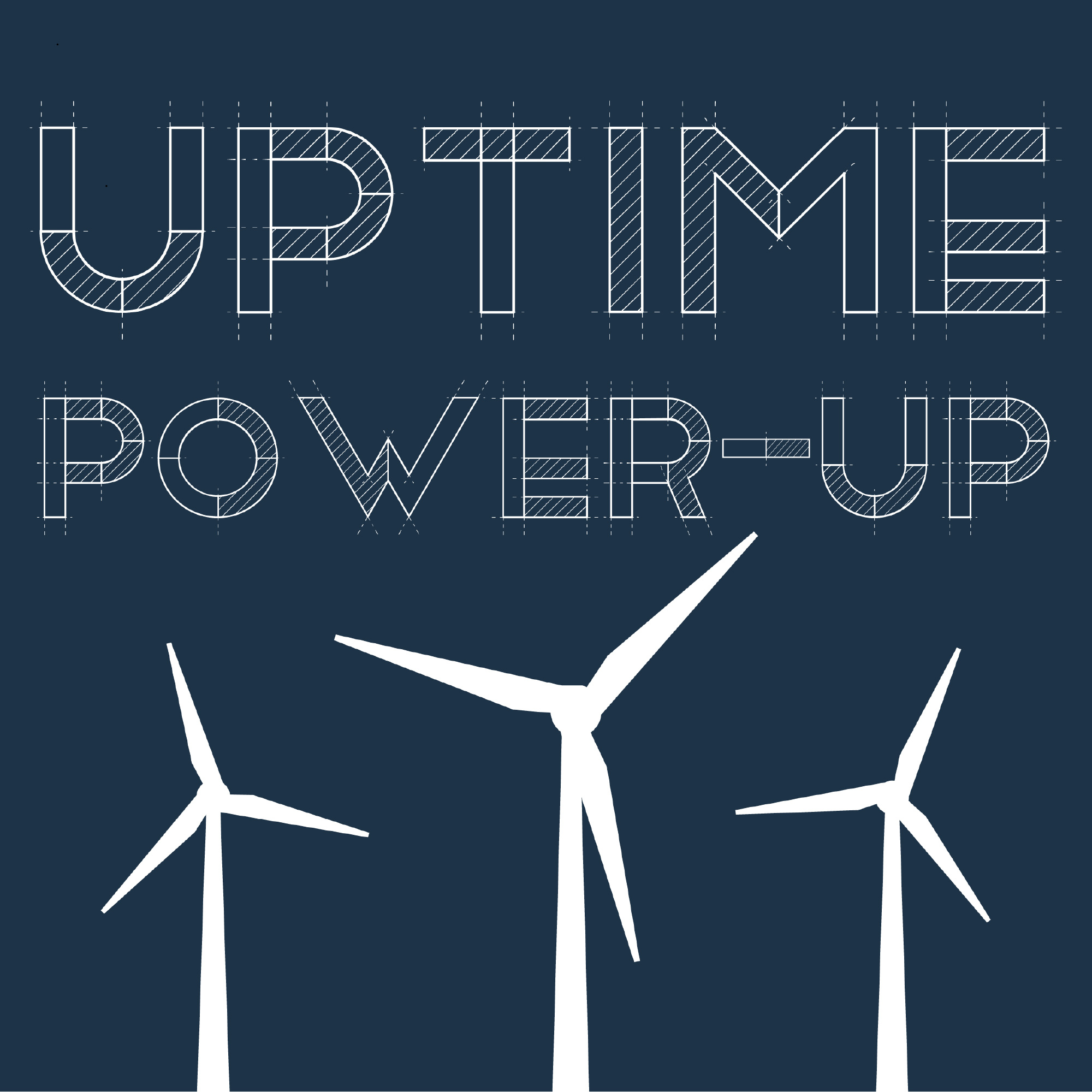Corio Generation’s Impact on Global Offshore Wind
Description
Allen and Joel sit down with Jonathan Cole, CEO of Corio Generation and Chairman of the Global Wind Energy Council, for an illuminating discussion on the future of offshore wind energy. Cole shares invaluable insights on navigating regulatory challenges across multiple markets, building sustainable supply chains, and securing project financing. He also emphasizes the critical role of community engagement through what he calls “social license” in developing successful offshore wind projects.
Sign up now for Uptime Tech News, our weekly email update on all things wind technology. This episode is sponsored by Weather Guard Lightning Tech. Learn more about Weather Guard’s StrikeTape Wind Turbine LPS retrofit. Follow the show on Facebook, YouTube, Twitter, Linkedin and visit Weather Guard on the web. And subscribe to Rosemary Barnes’ YouTube channel here. Have a question we can answer on the show? Email us!
Pardalote Consulting – https://www.pardaloteconsulting.com
Weather Guard Lightning Tech – www.weatherguardwind.com
Intelstor – https://www.intelstor.com
Wind Energy O&M Australia Conference – https://www.windaustralia.com
<figure class="wp-block-image size-full is-resized">
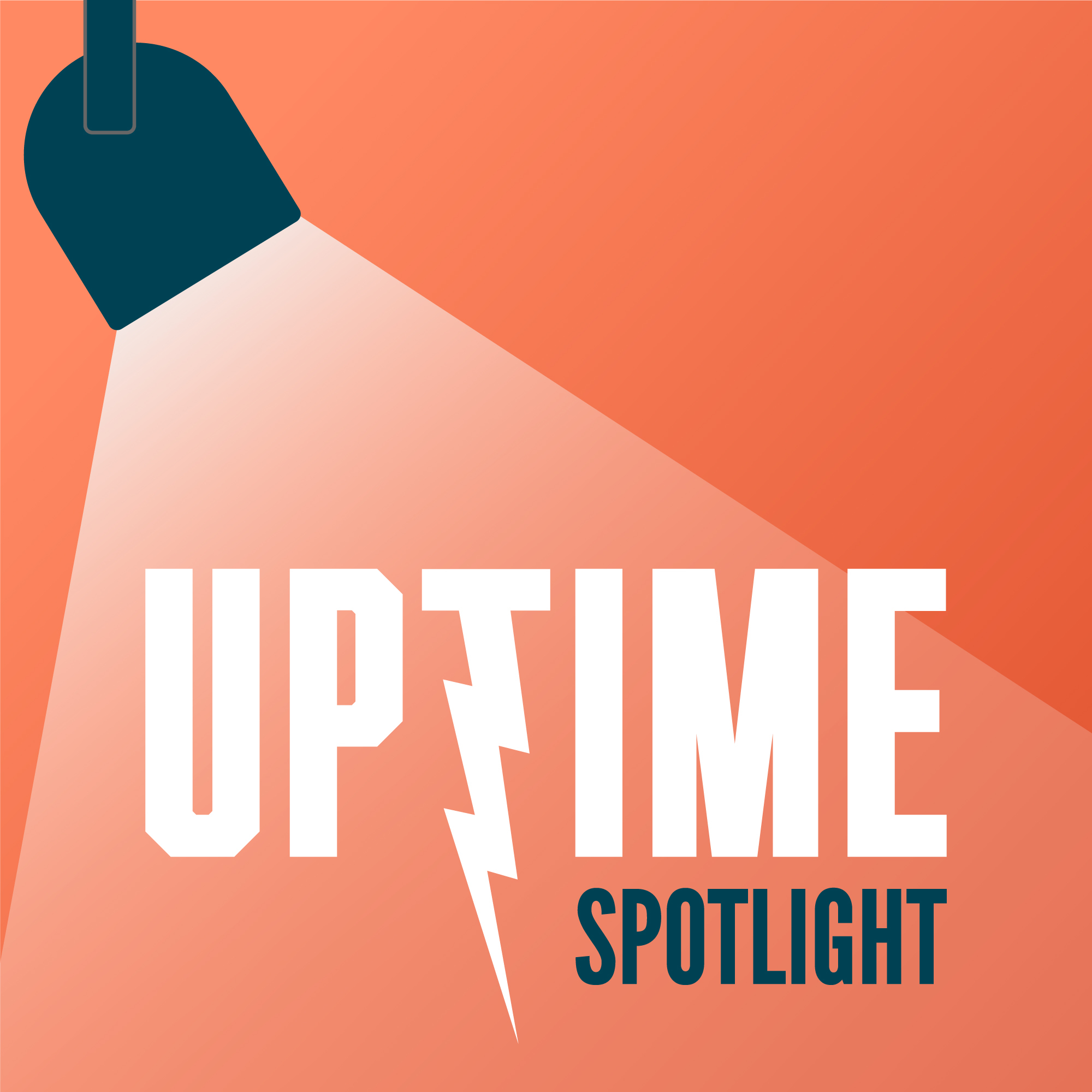 </figure>
</figure>Welcome to Uptime Spotlight, shining light on wind energy’s brightest innovators. This is the progress powering tomorrow.
Allen Hall: Welcome to the Uptime Wind Energy Podcast. I’m your host, Allen Hall, joined by my co host, Joel Saxum. Today, we’re honored to have with us Jonathan Cole, a visionary leader in the global offshore wind industry. and a key figure driving the transition to sustainable energy. Jonathan is the CEO of Corio Generation, a global offshore wind powerhouse, launched in April of 2022.
As a portfolio manager of Macquarie Asset Management operating independently, Corio has quickly established itself as a major player in the renewable energy sector. Under Jonathan’s leadership, Corio has amassed one of the world’s largest offshore wind development portfolios, boasting over 30 gigawatts of projects in various stages of development across Europe, Asia Pacific, and the Americas.
Jonathan’s influence extends far beyond his role at Corio. He currently serves as the chairman of the Global Wind Energy Council, GWEC. and his industry expertise has been recognized through numerous leadership positions. These include chairing the Global Offshore Wind Health and Safety Organization, the UK’s Offshore Wind Program Board, and the Offshore Renewable Energy Catapults Industry Advisory Group.
He has also been a board member of Renewable UK and a member of the UK’s Offshore Wind Industry Council. Before joining Corio, Jonathan played a pivotal role in shaping the offshore wind landscape at eBird DLA from 2010 to 2021, he spearheaded the creation and growth of Ebert Della’s offshore wind business, transforming it into a market leader with approximately 14 billion Euros invested a project pipeline exceeding 30 gigawatts, and a team of 800 professionals spanning four continents and 11 countries.
Jonathan’s a very busy person and we appreciate his time. Jonathan, welcome to the program. Great to be here with you. You’ve been a busy person. I’ve been watching your LinkedIn account in all the countries and continents you’ve been on over the last couple of months. You’re busy in offshore wind and you were just in New York for the climate week.
What was some of the outcome from those sessions that you attended?
Jonathan Cole: Yeah, it’s a busy time for offshore wind and busy time for me, particularly. And I was in New York last week really with two hats on. One was with my Corio CEO hat on because we’ve got a big project out there in New York Attentive Energy.
So I was spending some time with the team out there and hearing all the great work they’re doing. But also I’m the chair of the Global Wind Energy Council, so I was out there with that hat on, helping on the advocacy piece more generally. So it was a really interesting week. I think New York Climate Week is a really important date in the calendar, the climate calendar, because it serves as a bit of a precursor for the COP events later in the year and quite often is quite important in setting the agenda for that.
So we were out there with the G Wake and the Global Renewables Alliance talking about some of the big topics. That need to be tackled if we’re going to convert into reality the tripling up of renewables that was a part of the last COP 28 treaty, talking about some of the things that need to be done to make that happen.
So that was a really interesting and positive week, I have to say.
Joel Saxum: Jonathan, if I was to ask what are the top two, maybe, just to keep it simple, the top two things that as the GWF chairman, of course, and at Climate Week, what are the top two challenges that are facing offshore wind at a global scale right now?
Jonathan Cole: If you don’t mind, Joel, I’m going to give you a top three, right? Yeah, perfect. There’s three big things that are necessary to happen in order to get the tripling up of renewables on track. So one is on the regulatory side, and that is about putting in place some regulatory enablers. Principally around speeding up the permitting process.
So all these great projects that, that, developers like Corio and others want to build can get through that process as quickly as possible, but also on the regulatory side, speeding up the build out of the transmission system, the grid system, so that when the projects are ready. The system is ready to take the power.
So that’s the first part of it. The second part of it is around supply chain and trade. And I think we all recognize that there is a huge challenge in tripling up because there’s a huge amount of capacity needing to be built in the supply chain, but also that’s a huge opportunity. One of the most exciting opportunities, actually, that we face is the ability to breathe life and economic activity back into these coastal communities and post industrial towns where offshore wind farms are located, but that doesn’t happen by accident.
It needs coordinated action. It needs industrial planning, and it needs a sensible approach to things like trade policy. And the third thing is finance. This Now, finance in the more mature markets and the OECD markets is probably less of an issue, although the cost of capital going up has really had an impact and we need to do what we can to de risk and try to take that cost of capital back down.
But when you think of finance in the non OECD countries and the emerging, markets, developing economies, Finance is one of the single biggest barriers to the energy transition, because access to capital at reasonable terms and reasonable rates is hugely significant. Those developing markets could be paying 4, 5, 6 percent more for capital than in the developed markets, and that makes the energy transition so much more expensive for them.
So the three big things, getting the regulations right, and I think there’s a political will to do that. We know who to do that. Getting the supply chain built up. There’s definitely a political will to create the jobs, but we just need to get the right mechanisms in place to do it. And the finance, getting the finance in place, and in particular thinking about de risking for the mature markets.
and getting concessional finance and, other finance in place for the emerging markets.
Allen Hall: Can I touch upon the regulatory aspect for a minute? Because I think you have such a difficult problem ahead of you. You have projects in the US, UK, South Korea, Ireland, Australia, Taiwan, Brazil. Each one of those has a regulatory framework that is different from the others.
In the United States, I think the issue has been more recently, not the federal government, they seem very attuned to developing offshore projects. It seems to be getting it into the states and then into the localities and transmission being one of those issues. How are yo

